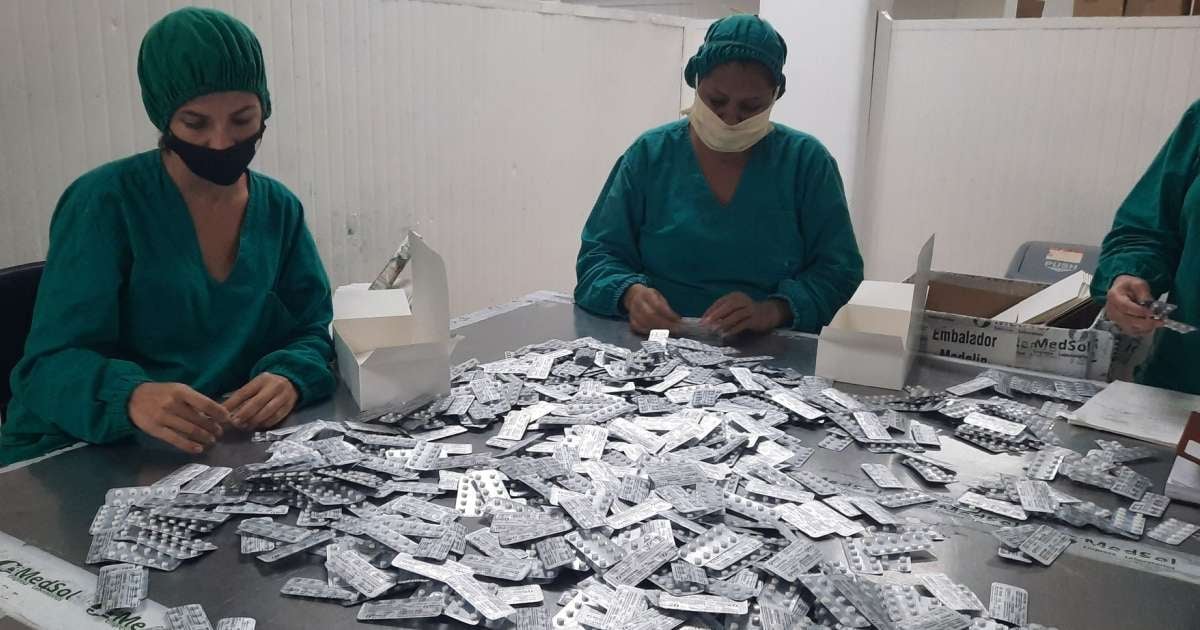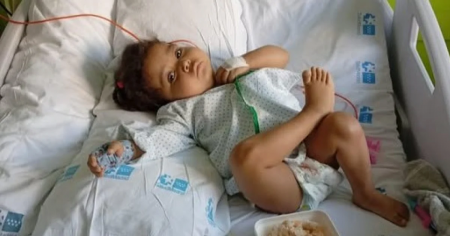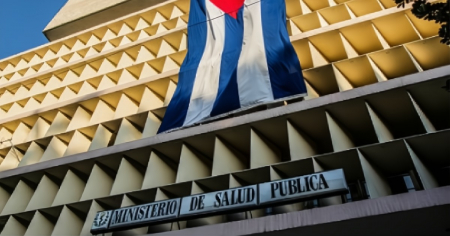
Related videos:
The crisis of medication shortages has reached alarming levels in Cuba, where the regime acknowledged on Wednesday that over 70 percent of essential drugs are unavailable.
According to official reports, out of the 651 products that make up the Basic Drug List, 461 are currently experiencing total shortages or low coverage. This means that more than 70% of essential medications are either unavailable or present serious access challenges for Cubans.
A few months ago, when there were 251 essential medications missing, the situation was already critical. The regime acknowledges that the worsening of the crisis is severely impacting the quality of medical services in the country, according to the government report.
The shortage of medications is not the only challenge facing the Cuban healthcare system. The technical availability of medical equipment has also been impacted, along with a lack of supplies and disposable materials necessary for the proper functioning of hospitals and health centers.
The shortage of syringes, essential medications, and other commonly used products has led to many patients not receiving adequate care, resulting in an increase in complaints and concerns among the population.
Cuban authorities have publicly acknowledged that the shortage of these resources is largely due to the lack of foreign currency needed to import medical products.
This Tuesday, a self-financing scheme in foreign currency for the Public Health sector and the state-owned company BioCubaFarma was approved for 2025. However, experts and citizens doubt that this measure will be sufficient to address the serious crisis facing the health system.
The shortage of medications and medical equipment has jeopardized care for patients with chronic illnesses, health complications, and those requiring emergency procedures. Additionally, the difficulties in obtaining treatments from state pharmacies have forced many Cubans to turn to black markets, further increasing healthcare costs and making access to health services increasingly unattainable for large segments of the population.
The impact of this crisis has also been reflected in the rise of complaints about the quality of medical services in Cuba, with several patients reporting a lack of resources and trained personnel to address illnesses.
Frequently Asked Questions about the Medication Shortage in Cuba
What is the severity of the medication shortage in Cuba?
The shortage of medication in Cuba is extremely severe, as more than 70% of essential drugs are either unavailable or present significant access difficulties for Cubans. This situation seriously impacts the quality of medical services and has forced many to seek alternatives in parallel markets.
What measures is the Cuban government taking to address the shortage of medications?
The Cuban government has approved a self-financing scheme in foreign currency for the Public Health sector and BioCubaFarma for 2025. However, experts and citizens doubt that this measure will be enough to resolve the crisis. Additionally, they have extended the tariff exemption on medications for travelers coming from abroad as a temporary measure.
How does the shortage of medications impact the daily lives of Cubans?
The shortage of medicines affects Cubans by limiting their access to essential treatments. Many patients do not receive adequate care, leading to an increase in complaints and concerns among the population. Furthermore, the lack of necessary supplies and medical materials has impacted healthcare in hospitals and health centers.
What are the main causes of the shortage of medications in Cuba?
The main causes of the shortage of medications in Cuba include a lack of funding, internal organizational issues, the economic embargo, and the rising costs of raw materials and shipping. The government has also acknowledged problems ranging from production and importation to the dispensing of drugs in pharmacies.
Filed under:





